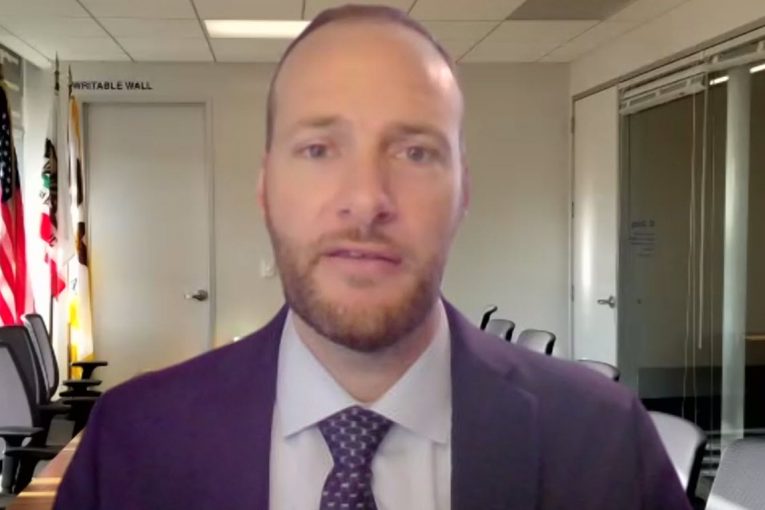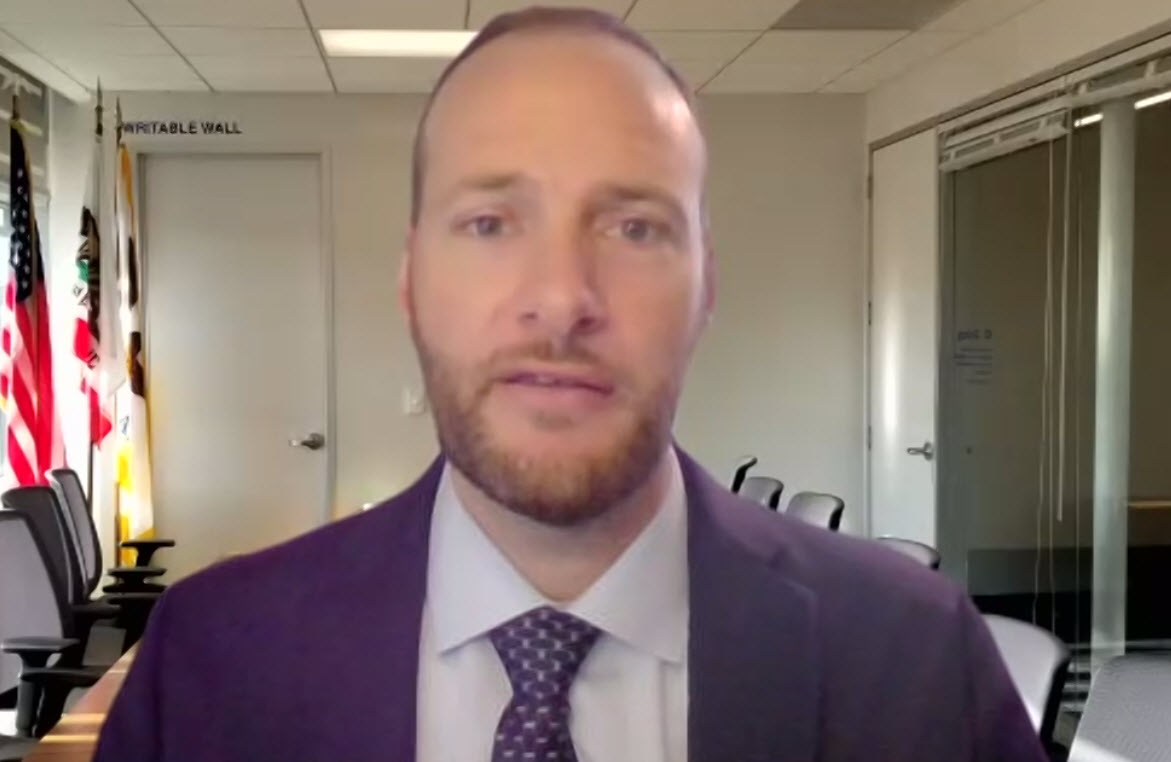

By Elina Lingappa
SAN FRANCISCO, CA – San Francisco District Attorney Chesa Boudin and Rachel Marshall this week premiered season two of their criminal justice podcast, Chasing Justice, with an important episode concerning life sentencing and the parole process.
They invited Keith Wattley on the show, the Founder and Executive Director of UnCommon Law, to give insight on the shortcomings of and new developments surrounding parole hearings.
The subject held personal significance for Boudin, as he spoke on his experience growing up with incarcerated parents.
His mother, who received a 22 year to life sentence, was released on parole after her first 22 years in prison. However, his father, who was sentenced for essentially the same crime, received a 75 to life sentence. He will not even be eligible for parole until he is 112 years old. Likely, he will never leave prison.
Boudin reflects on the impacts of growing up not only with incarcerated parents, but also witnessing his parents face the parole hearing process.
“Parole boards systematically reject people even when they’ve done everything they can and done everything right during their time in prison,” he said, commenting that even given all the  important work his father has done since being incarcerated and an entirely clean prison record, on the off chance that his father ever did live to see a parole hearing, he probably would not be granted parole.
important work his father has done since being incarcerated and an entirely clean prison record, on the off chance that his father ever did live to see a parole hearing, he probably would not be granted parole.
The state of California itself holds an immense track record when it comes to life sentences, as Rachel added. The state has the largest population of “lifers” in the country, at over 40,000 people. This adds up to one third of all people ever sentenced to prison time.
The trend also reflects immense racial disparities. Additionally, it holds a financial burden as it costs taxpayers tens of thousands of dollars per incarcerated person.
While many people sentenced to life are able to get out on parole, the number is not nearly as high as many people believe it to be and many deserving people are never granted parole.
Wattley and Boudin discuss how damaging these lack of parole opportunities can be.
Life sentences can occur from a wide variety of crimes, they say, not just murder as is commonly understood. This includes crimes related to gang activity, which brings into question the role of youth in the conversation around life sentencing.
According to Wattley, in California offenders as young as 14 can be sentenced to life in prison.
Many people also receive life sentences from trends such as the “three strikes law,” which can be reflective of any felony, including low level offenses like drug possession.
“A life sentence is a death sentence in prison,” Wattley says.
Prison not only is often unjust punishment, but Wattley feels it also fails to address and even exacerbates the circumstances that often lead to crime.
“If you put someone in an environment that actually addresses their needs, it almost never looks like prison”, he says, speaking to childhood trauma, housing insecurity, and other external factors that can often result in criminal activity.
“Often the prosecutors who show up at parole hearings act as if the crime just happened, and the only thing relevant to parole suitability and the release decision is the circumstances of the crime,” he added.
According to Wattley, many parole boards account for the original crime when reviewing cases to an unreasonable extent, often evoking “insight,” or how much they feel the person has reflected on their crime.
This concept is vague and general enough, as Wattley notes, that it is frequently used to keep people incarcerated that would be excellent candidates for parole.
These ambiguous and misguided judgement calls parole boards must make are worsened by the demographics of the board, adds, maintaining not only are boards overwhelmingly white, but they are frequently solely people who have centered their careers on prosecution.
Wattley suggested to not only have more racially diverse boards, but also boards representing previously incarcerated people who understand the conditions of prison.
DA Boudin then jumped in, speaking on how his office is attempting to act on this very phenomenon of poor parole hearing outcomes and sentencing decisions.
The San Francisco District Attorney’s office is currently pushing for many incarcerated people to be resentenced to a lesser term. The DA’s office has already identified and achieved successful resentencing for over fifty incarcerated people who are safe to be released. The process is a partnership between the offender, their family, victims, and community partners.
“We’re trying to apply today’s standards to cases that were processed by our office decades ago.” Boudin said.
According to Wattley, while this retrospective damage control helps, in order to achieve true justice the entire system and process of parole hearings needs to change.
Parole hearings themselves are deeply harmful, for offenders and victims alike.
“Every parole hearing is an opportunity for hope, and for fear, and for turning old scars into raw fresh wounds,” Boudin said, and Wattley agrees that parole hearings are “retraumatizing for everybody,” as victims are forced to review evidence and photos from the crime, which actually inflicts more harm than good.
“This process does so much more harm and can never be a replacement for the more helpful, healing programs such as restorative justice programs,” Wattley said, noting that restorative justice most frequently involves conversation and healing between victims and offenders, as well as programs to address the root causes of crime such as inequity and trauma.
According to Wattley, when victims are given the opportunity, they are statistically far more likely to select restorative justice over punitive measures such as incarceration. However, restorative justice programs are simply not as common as he’d like.
“The fact is, we don’t give them alternatives,” Wattley said.
Ultimately, parole hearings are a reflection of a much bigger systemic issue with punitive measures and prisons as a whole, Wattley concludes, adding “If we really create the kind of justice system we need, it wouldn’t involve prisons at all.”





